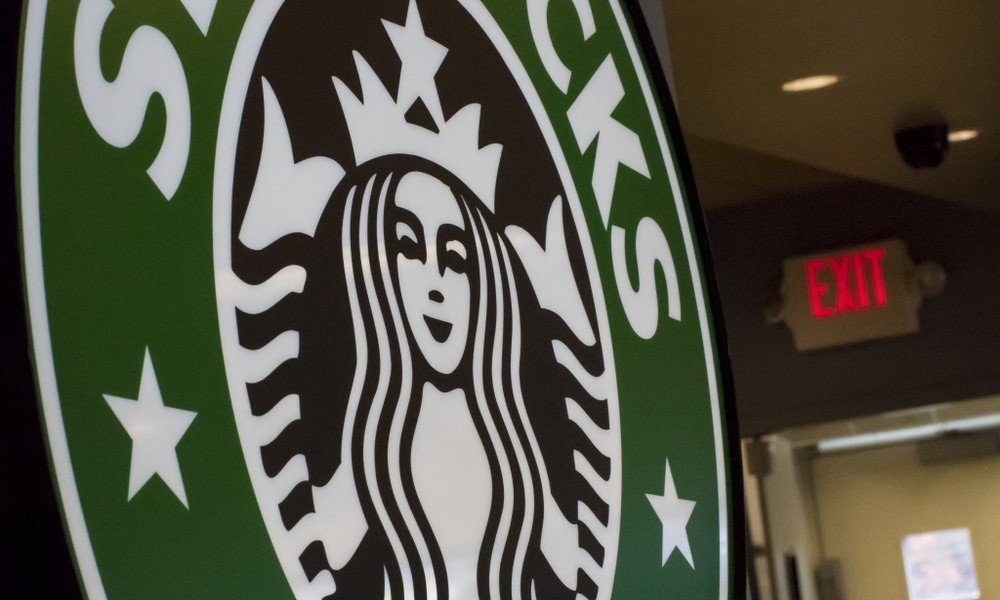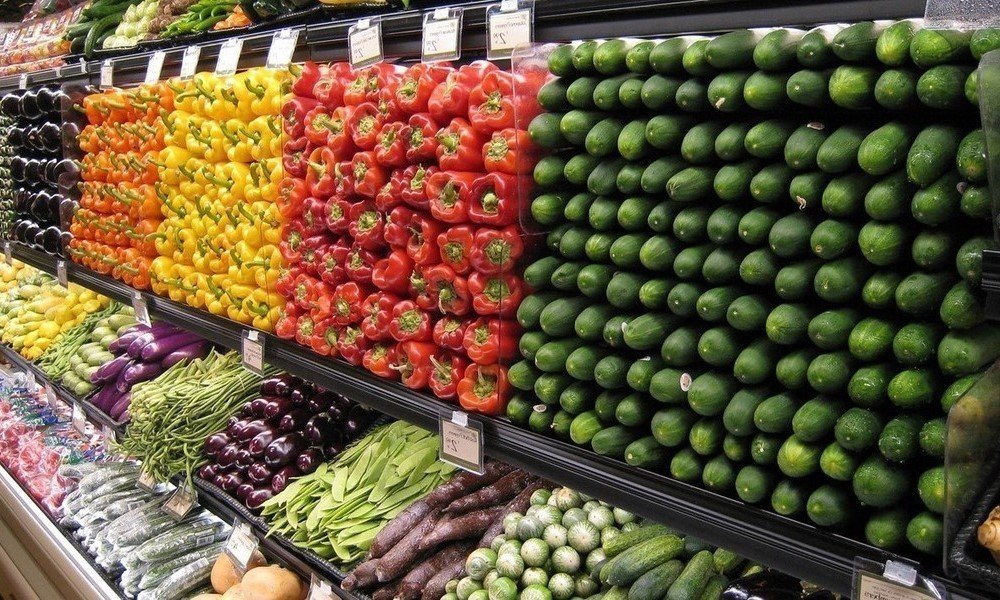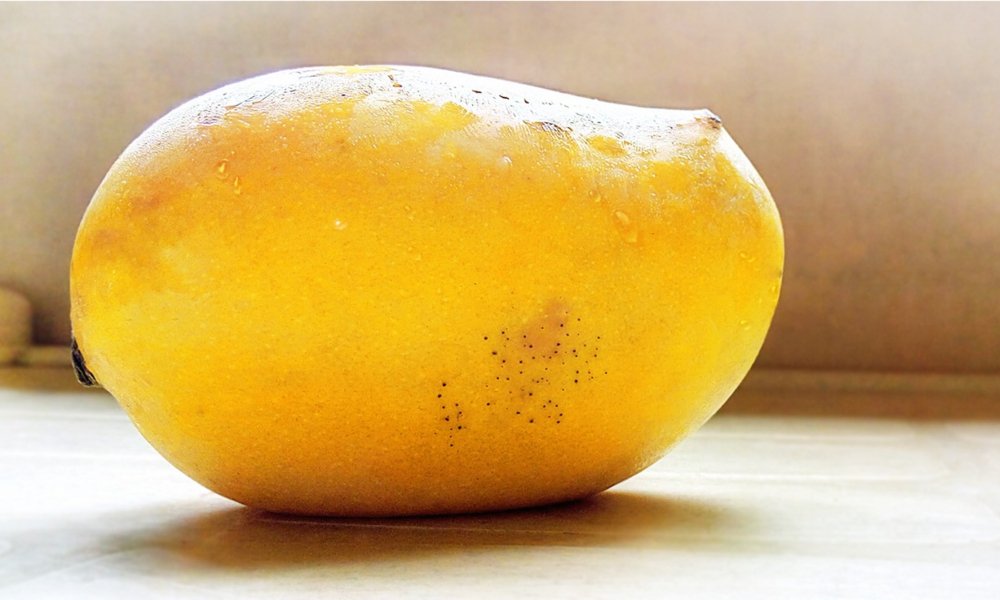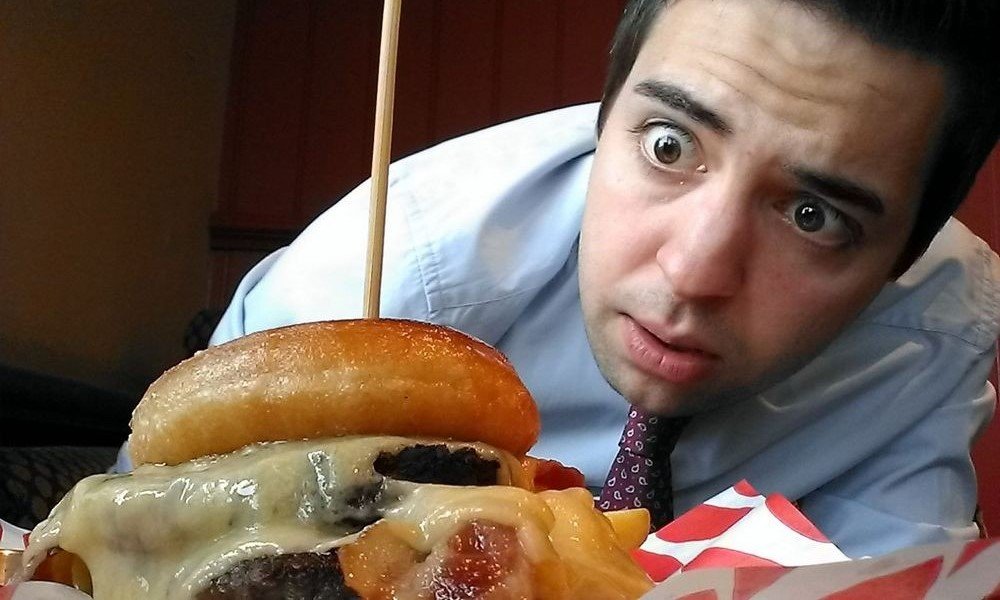Have you ever wondered why you can’t stop munching on those darn Pringles? Well, as it turns out, you’ve been put under a spell, a scientific spell.
The label on the back of the bag won’t tell you this, but Pringles contain approximately 42 percent potato content, with the remaining 58 percent consisting of wheat starch and various flours (potato, corn, and rice) mixed with vegetable oils, an emulsifier, salt, and seasoning.
Considering that there are many different types of the potato- and wheat-based stackable chips, other ingredients could include sweeteners such as maltodextrin and dextrose, monosodium glutamate (MSG), disodium inosinate, disodium guanylate, sodium caseinate, modified food starch, monoglyceride and diglyceride, autolyzed yeast extract, natural and artificial flavors, malted barley flour, wheat bran, dried black beans, sour cream and cheddar cheese.
It shouldn’t come as a surprise that food companies work very hard to get you addicted to their foods, and the company behind Pringles (Kellogg’s) is no exception. British Dietetic Association’s Anna Daniels notes:
“A lot of time and money is spent by food manufacturers on making crisps addictive because they want us to eat more and more of them. They are also made with highly refined carbohydrates so they don’t give you slow-release energy. It’s about quick fixes.”
According to scientists, our brains are hard-wired to seek out fat, sugar and salt even when we’re not hungry. Apparently, high-fat foods and salt, much like drugs and alcohol, light up the areas of the brain that handle reward and pleasure.
This craving for fat, salt and sugar, which is sometimes called ‘hedonic hunger’, is a phenomenon that afflicts an increasing number of people. We eat more for pleasure than for satiation than at any point in human history, and that’s proving to be a big problem.
It’s not just the fat, salt and sugar that make Pringles so irresistible — the crunch sound they make when bitten are also music to the ears. The louder or higher-pitched the crunch, the more you perceive the chips to be fresher and crisper.
In short, food companies own your brain and control how much you eat. Sad but true…














